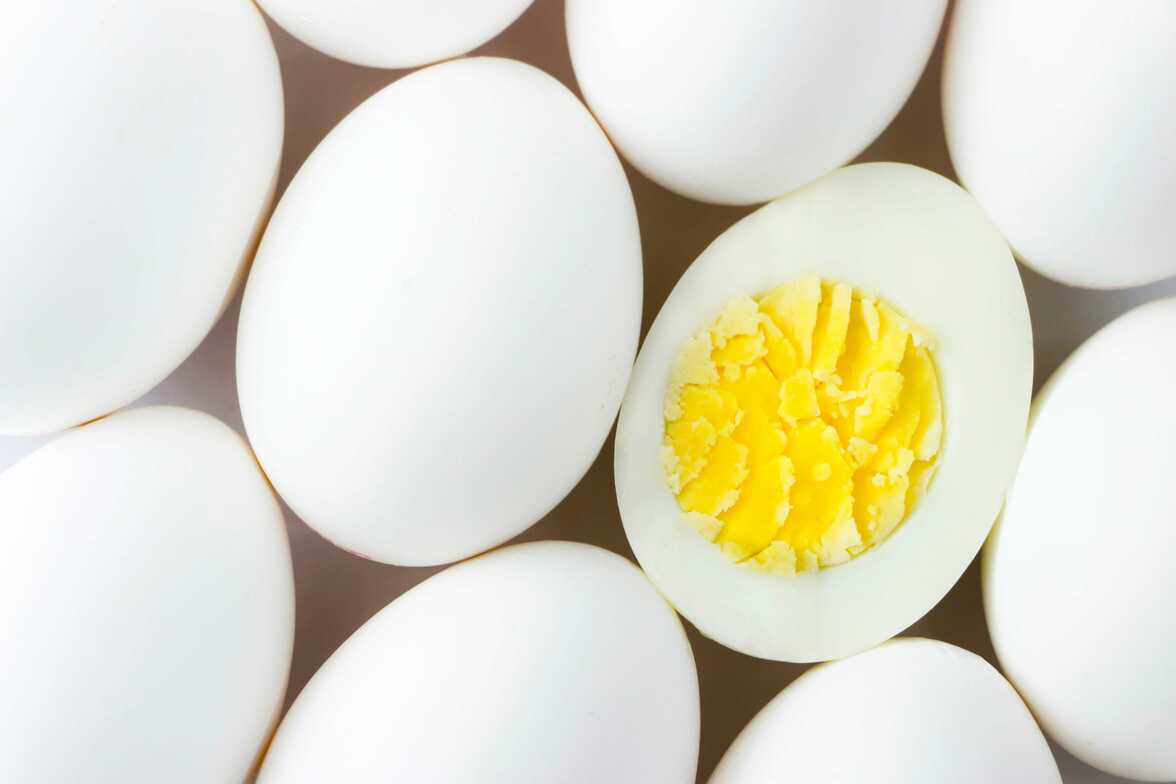
In today's fast-paced world, maintaining optimal nutrition can sometimes be challenging. Among the essential nutrients that many people struggle to get enough of is vitamin D. Known as the "sunshine vitamin," vitamin D plays a crucial role in various bodily functions, including bone health, skin, immune function, and mood regulation. While sunlight exposure is a primary source of vitamin D, incorporating vitamin D-rich foods into your diet can help ensure you're meeting your nutritional needs. In this article, we'll explore how you can boost your vitamin D intake through food in the modern world.
Understanding Vitamin D
Before delving into dietary sources of vitamin D, let's briefly discuss why this nutrient is so important. Vitamin D is unique because our bodies can produce it when the skin is exposed to sunlight. Specifically, ultraviolet B (UVB) rays from sunlight trigger the synthesis of vitamin D in the skin. We evolved in relation to the sun. However, factors such as geographical location, season, sunscreen use, and skin pigmentation can affect the body's ability to produce vitamin D from sunlight.
In addition, many of us in the modern world go from our house, to a car, to an office, all of which are indoors and out of sun’s reach.
Top Vitamin D-Rich Foods
- Fatty Fish: Fatty fish like salmon, mackerel, trout, sardines, and tuna are excellent sources of vitamin D. Aim to include these fish in your diet regularly to boost your vitamin D intake. Grilled salmon, for example, makes for a delicious and nutritious meal.
- Egg Yolks: Egg yolks contain vitamin D, making them a valuable dietary source of this nutrient. Include eggs in your meals by making omelets, frittatas, or simply enjoying them boiled or scrambled.
- Organ meat/supplements: The organs store vitamin D and consuming organ meat can help boost your Vitamin D. Specifically, liver has the highest amount, but an organ meat supplement mix can incorporate Vitamin D from various organs.
- Mushrooms: While not as potent as animal-based sources, some mushrooms, such as maitake and portobello mushrooms, contain vitamin D2. Incorporate mushrooms into your meals by adding them to stir-fries, salads, or pasta dishes.
- Fortified Foods. Many dairy products such as milk, yogurt, and cheese are fortified with vitamin D. Check the labels to ensure that the products you choose are fortified. Additionally, plant-based milk alternatives (e.g., soy milk, almond milk, oat milk), tofu, cereals, and fruit juices may also contain added vitamin D. Be sure to check the labels to identify fortified options.
Best Practices for Increasing Vitamin D Intake
- Enjoy Regular Sun Exposure: While food sources play a vital role in meeting your vitamin D needs, don't forget about the importance of sunlight exposure. Aim to spend some time outdoors each day, especially during the sunnier months, to allow your skin to produce vitamin D naturally.
- Organ Meat Supplement: Taking capsules of grass fed organ meat daily can help your body have enough, and store extra, of Vitamin D.
- Diversify Your Diet: Incorporating a variety of vitamin D-rich foods into your meals ensures that you're getting a range of nutrients. Mix and match different foods to create balanced and flavorful dishes.
- Consider Vitamin D Supplements: If you have limited access to sunlight or struggle to get enough vitamin D from food alone, consider talking to your healthcare provider about vitamin D supplements. Supplements can help bridge the gap between your dietary intake and recommended levels.
- Be Mindful of Food Preparation: Opt for healthier cooking methods such as grilling, baking, or steaming when preparing vitamin D-rich foods. These methods help retain the nutritional content of the foods without adding excessive amounts of unhealthy fats or calories.
- Check Labels: When purchasing fortified foods, always check the labels to ensure that they contain significant amounts of vitamin D. Look for products that provide at least 100 IU (International Units) of vitamin D per serving.
Incorporating vitamin D-rich foods into your diet is essential for maintaining optimal health in the modern world. By including foods like fatty fish, fortified dairy products, eggs, and mushrooms in your meals, you can ensure that you're meeting your body's vitamin D requirements. Additionally, adopting healthy lifestyle habits such as regular sun exposure and considering supplements when necessary can further support your overall vitamin D intake. Prioritize your health by making informed choices about your diet and lifestyle, and remember to consult with a healthcare professional if you have any concerns about your vitamin D levels.
Dr. Kim Drolet, DACM, LAc

Kim Drolet
Contact Me



